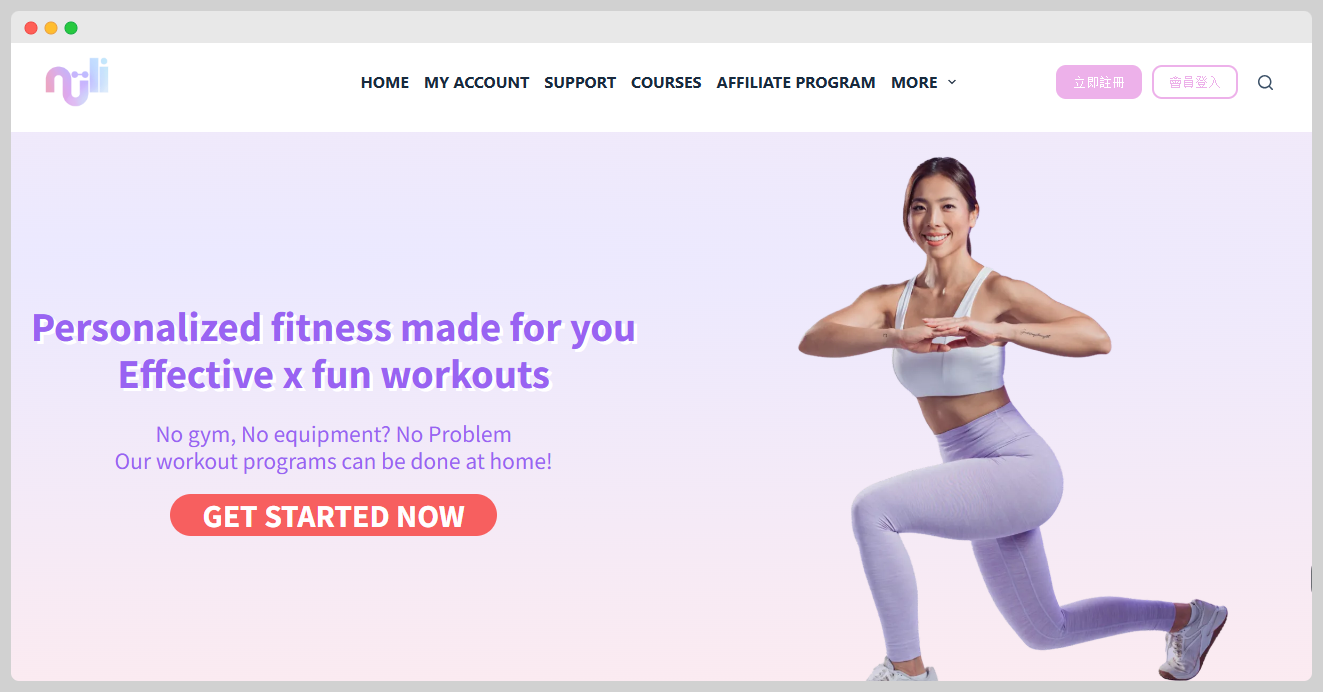How Nuli Hit 21K Subscribers and Over $1M ARR in 3 Years
Who is Daniel Schreiber?
Daniel Schreiber is the co-founder and CEO of Nuli, a digital platform promoting female health and fitness through innovative mobile applications. Originally from Chicago, before founding Nuli in Taiwan, Daniel worked as a teacher and developed his entrepreneurial skills through various ventures, including managing significant online advertising campaigns. Candice, Daniel's wife and co-founder, was a former flight attendant who turned her passion for fitness into a career as an influencer and content creator, focusing on empowering women through health and wellness. Together, they have built Nuli into a successful fitness app for women in the Asia-Pacific region.
What problem does Nuli solve?
Nuli addresses the challenge of female fitness and health by providing a supportive digital platform with tailored workouts and nutritional guidance, helping users achieve transformative results in a way that feels personal and attainable. With their innovative approach and engaging community, they make it easier for women to embrace a healthier lifestyle, which is why so many users invest in their app.

Disclaimer: The initial draft of this article was compiled by the Starter Story team based on publicly available interviews, podcasts, and other content from the founder. See the sources we used here.

Download the report and join our email newsletter packed with business ideas and money-making opportunities, backed by real-life case studies.

Download the report and join our email newsletter packed with business ideas and money-making opportunities, backed by real-life case studies.

Download the report and join our email newsletter packed with business ideas and money-making opportunities, backed by real-life case studies.

Download the report and join our email newsletter packed with business ideas and money-making opportunities, backed by real-life case studies.

Download the report and join our email newsletter packed with business ideas and money-making opportunities, backed by real-life case studies.

Download the report and join our email newsletter packed with business ideas and money-making opportunities, backed by real-life case studies.

Download the report and join our email newsletter packed with business ideas and money-making opportunities, backed by real-life case studies.

Download the report and join our email newsletter packed with business ideas and money-making opportunities, backed by real-life case studies.










